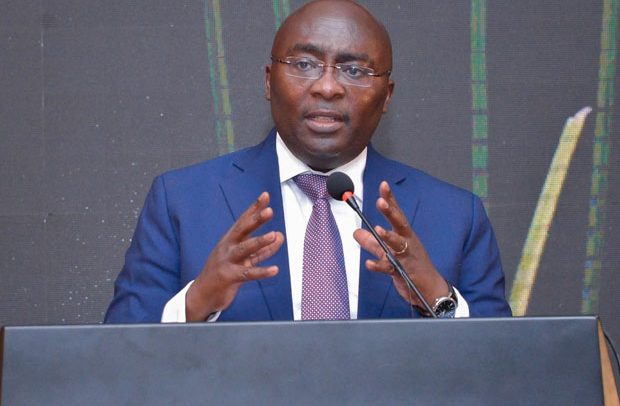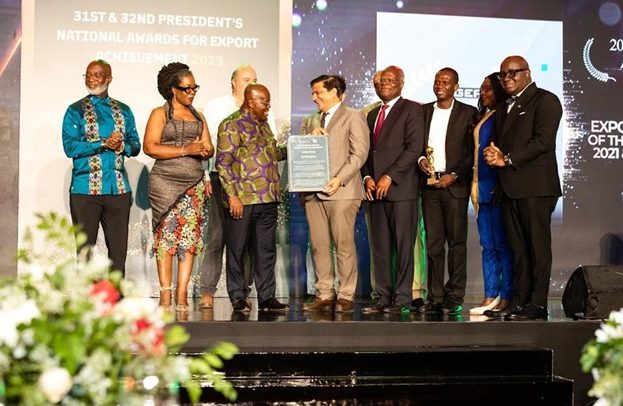
By Gifty Amofa/Priscilla Oye Ofori, GNA
Accra, March 10, GNA - Mrs Elsie Bunyan, the Board Chairman of the Ghana Integrity Initiative (GII), on Tuesday said one main challenge to private sector growth is the menace of corruption that continues to impede its effectiveness.
Mrs Bunyan said Transparency International estimated that USD 1.26 trillion was lost to developing countries annually, through cross-border corruption, foreign bribery, tax evasion and related illicit financial flows.
She noted that corruption was a challenge in realising the United Nations Sustainable Development Goals by 2030.
Mrs Bunyan stated this during the maiden 2020 multi-stakeholder business integrity breakfast meeting held for representatives of Trade Associations, Public Sector Organisations, and Civil Society Organisations in Accra.
The breakfast meeting, organized by GII, was sponsored by the Embassy of the Kingdom of Netherlands on the theme; “Promoting business integrity and anti-corruption in Ghana - The role of the private sector”.
She said it behoved on the private sector to do an introspection and adopt the three prompt approach consummated by Transparency International to fight corruption.
Companies can take internal steps to prevent corruption by having a zero tolerance policy towards bribery and corruption, which should be enforced through an anti-bribery code, business principles for countering bribery.
Mrs Bunyan said companies needed an honest operating environment as well as ensure government enforced international anti-bribery laws and conventions to protect them from corruption across borders and down the supply chains.
There was also the platform for stakeholders to identify emerging issues hampering the progress of the private sector and the ease of doing business in Ghana to map out strategies of policy advocacy and reforms.
Nana Osei-Bonsu, Chief Executive Officer of Private Enterprises Federation (PEF), said businesses registered in Ghana paid high premium on administrative corruption.
Another negative impact of corruption on businesses was the unnecessary delays by service providers, which he said, run into billions of Ghana cedis.
Nana Osei-Bonsu said licensing, incompetence of staff, sluggishness and lack of resources of some agencies prevented them from working effectively.
He said government should empower businesses to be more profitable and they would, in turn, generate more taxes for the state while creating more jobs.
“The more profits they make, the more tax they pay. The more profits they make, the high the growth of the business and creation of jobs,” he added.
He said PEF was working with the Ghana Revenue Authority to bring reforms that would make the payment of taxes easier.
The GRA was coming up with a template called the Integrated Tax Assessment and Payment System (ITAPS), a platform where businesses could aggregate their records, he said.
Ms Katja Lasseur, the Deputy Ambassador for Netherlands, said chief executive officers and companies had to join forces with government to create solutions in the fight against corruption.
She pledged Netherlands continuous effort in championing the elimination of corruption in the country.
GNA
Read Full Story






















Facebook
Twitter
Pinterest
Instagram
Google+
YouTube
LinkedIn
RSS